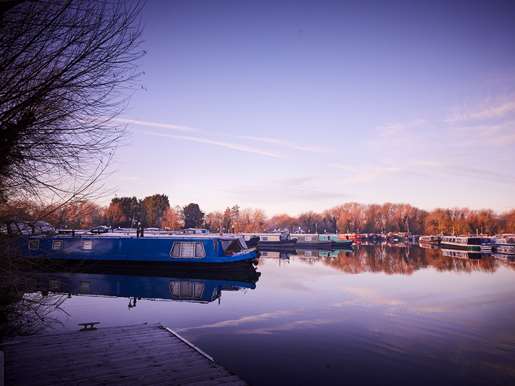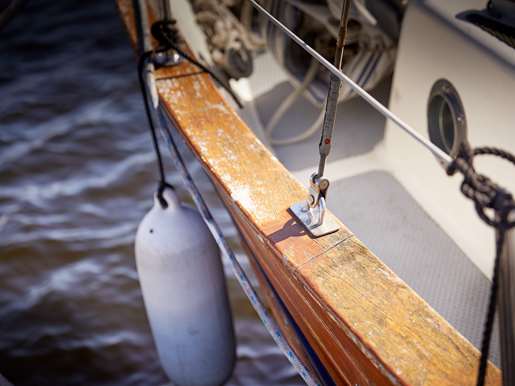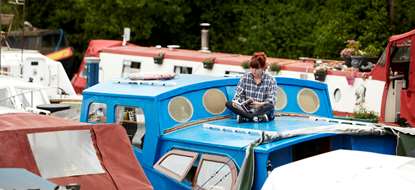Winterisation tips for your boat
With winters becoming colder each year, our Insurance partner Towergate have shared some helpful tips for preparing for winter, which could also help you to avoid costly bills. Keep reading this guide to find out more!
Consider servicing the engine and ensure your gear casing is protected
Maintaining and servicing your engine should be the main focus on any type of boat. They’re your lifeline, it keeps you going and can get you out of some tricky situations when on the water.
Look after your engine and gearbox by keeping your engine and gearbox oil topped up with the manufacturer's recommended lubricant. It is also a good idea to prevent condensation building up in your fuel tanks by keeping them topped up too (sometimes called pressing up). We also suggest that you add fuel conditioner – around £16 per 250ml from most boat shops, it’s a small investment. Just make sure you use the correct ratio, as recommended by the supplier or manufacturer.



Simple engine maintenance will also help, both for diesel engines and outboards
Nearly all narrowboats have inboard diesel engines, and some people prefer not to leave their boats full of diesel over winter. If that’s you, make sure your engine has a water filter – this will keep water out of the fuel line.
An essential point for narrowboat owners – the stern tube is the main link between the propeller and the engine. Try to get into the habit of greasing the stern tube every time you turn off the engine – making sure the propeller has stopped turning first. If you do not grease the stern gland water might drip into the engine bay. Over a long period, this can build up and if left unattended can eventually cause the narrowboat to sink if the whole of the engine bay fills up. This might sound dramatic, but these things do happen. Having a working bilge pump might help prevent your boat from sinking.
Get into the routine of running your engine for an hour a month – this pushes oil around the engine and prevents rusting, it also keeps the batteries topped up. Britmarine offers a wide selection of both leisure and starter batteries, ranging from 85 A/H up to 120 A/H, prices from £75, read more here.
Outboard engines
Those that have outboard engines might choose to remove the engine from the boat during winter and store it undercover. Winterising your outboard is slightly different to preparing a diesel inboard engine for winter.
It is recommended that you flush your engine through. This is even more important if you have been in saltwater as it will help avoid internal corrosion of the engine’s aluminium waterways. Also, make sure you drain the engine of fuel once the engine has been thoroughly flushed. All you need to do is stop the engine, turn off the fuel, restart the engine, and then run the engine until it stops through lack of fuel.
Don’t forget to check your spark plugs and make sure to grease the propeller shaft, all moving parts, joints, cable ends, nuts, and bolts etc. Most outboards will have at least a couple of grease points for which you will need a grease gun.
Draining water and heating systems
If you live aboard its life afloat as usual when it comes to the water and heating system, as the warmth from the stove or heating system itself will prevent pipes from bursting.
Those not living aboard need to be mindful to top up antifreeze in keel cooling and other sealed water systems especially when systems are connected to boilers. Outboards, if flushed and drained correctly, shouldn’t freeze.
If your boat is lying still across the winter months, it would also be worth considering lagging the hot and cold pipes.
Also, don't forget to drain down the water systems for both drinking water and the cistern, and leave taps open as it eases the pressure on the taps should any leftover water freeze.







